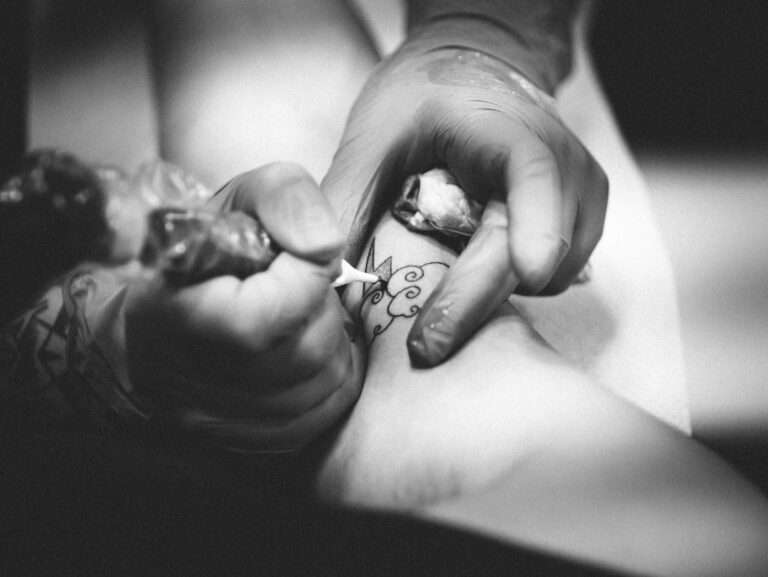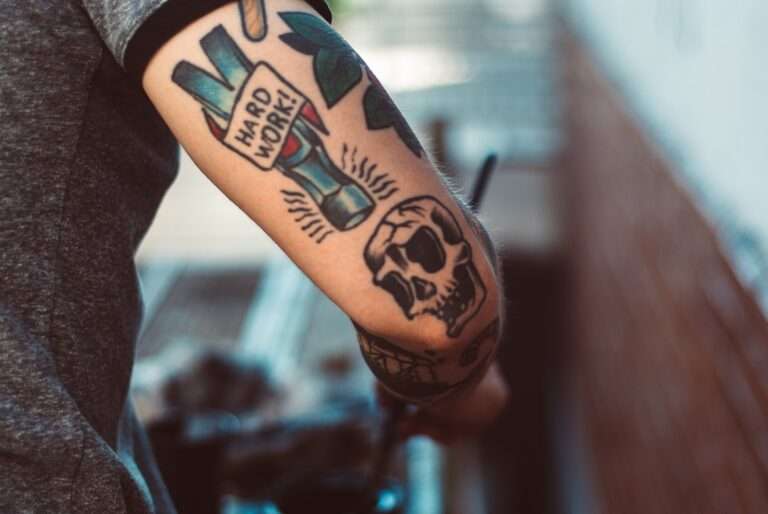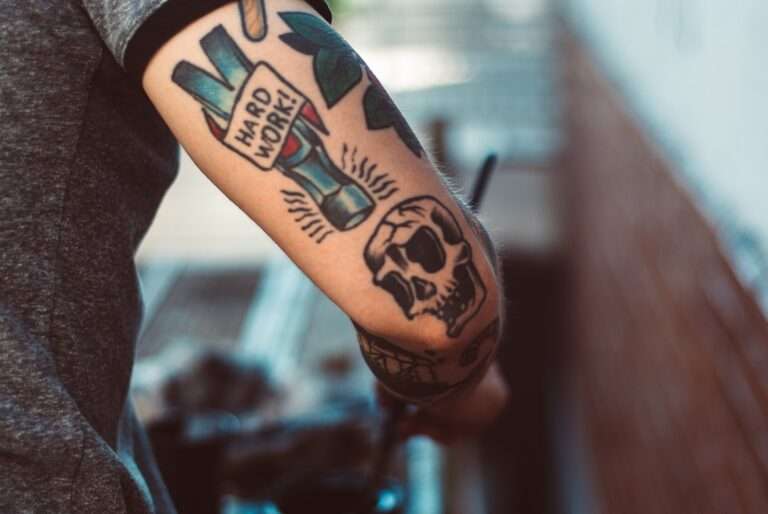The Dark Side of Ink: Exploring the Mystical Meanings Behind Gothic Tattoos
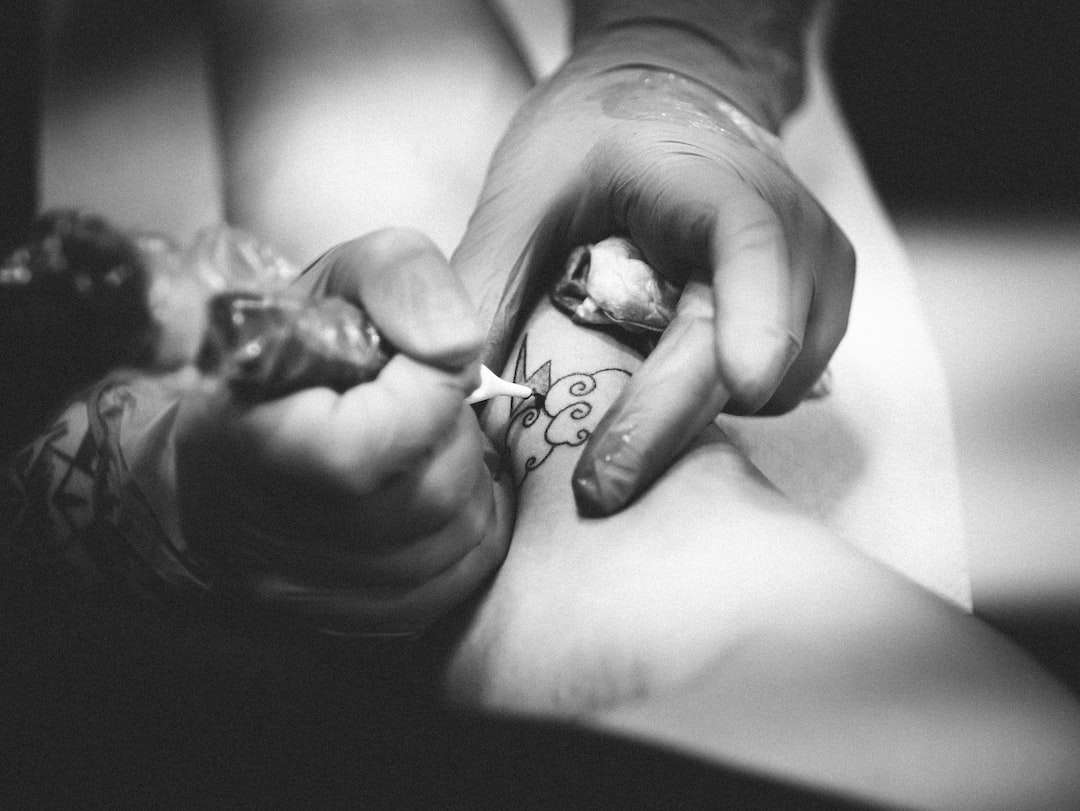
Gothic tattoos have gained immense popularity in recent years, captivating many individuals with their dark and mysterious aesthetic. These tattoos are often associated with the gothic subculture, which emerged in the late 1970s and early 1980s. In this blog post, we will delve into the origins, symbolism, and controversy surrounding gothic tattoos.
The Origins of Gothic Tattoos: A Brief History
Gothic tattoos find their roots in the gothic subculture that emerged in the late 1970s and early 1980s. This subculture was characterized by its dark and macabre aesthetic, which included elements of horror, death, and the supernatural. Musicians and artists within the gothic subculture were among the first to popularize gothic tattoos.
Initially, gothic tattoos were seen as a form of self-expression within the subculture. However, over time, they have become more mainstream and are now embraced by individuals from various backgrounds. The allure of gothic tattoos lies in their ability to convey a sense of mystery and rebellion.
The Dark Symbolism Behind Gothic Tattoos
Gothic tattoos often feature dark and macabre imagery such as skulls, bats, and demons. These symbols are deeply rooted in the gothic subculture and are associated with death, the afterlife, and the supernatural. They represent a fascination with the darker aspects of life and can also symbolize rebellion, individuality, and a rejection of mainstream culture.
The symbolism behind gothic tattoos is not limited to death and darkness alone. They can also represent personal struggles or traumas that individuals have faced. These tattoos serve as a visual reminder of their pain or suffering and can be a way for them to express their emotions or acknowledge the suffering of others.
The Connection Between Gothic Tattoos and the Occult
Many gothic tattoos feature symbols and imagery associated with the occult, such as pentagrams, ouija boards, and tarot cards. These symbols are often used to represent a connection to the spiritual realm or a belief in magic and the supernatural. They add an element of mysticism to gothic tattoos and further enhance their dark and mysterious appeal.
It is important to note that not all individuals who choose gothic tattoos have a belief in the occult. For some, these symbols are simply a way to embrace the aesthetic and symbolism associated with the gothic subculture.
The Role of Death and Mortality in Gothic Tattoo Designs
Death and mortality are common themes in gothic tattoos. Many designs feature skulls, skeletons, and other symbols of death. These tattoos can represent a fascination with death, a fear of mortality, or a desire to embrace the inevitability of death.
For some individuals, gothic tattoos serve as a reminder of the transient nature of life and the importance of living each day to the fullest. They can also be a way to confront one’s own mortality and come to terms with the fragility of human existence.
Gothic Tattoos and the Representation of Pain and Suffering
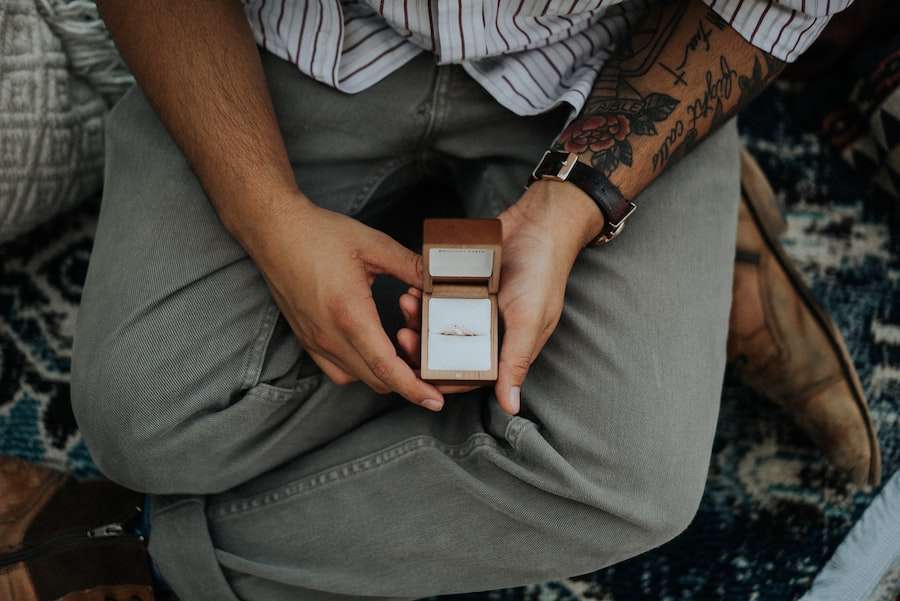
Some gothic tattoos feature imagery that represents pain and suffering, such as bleeding wounds or tortured souls. These tattoos can be a way for the wearer to express their own pain or trauma or to acknowledge the suffering of others.
For some individuals, gothic tattoos serve as a form of catharsis. They provide an outlet for expressing emotions that may be difficult to put into words. By wearing these tattoos, individuals can carry their pain with them and find solace in their own personal journey.
The Use of Gothic Font in Tattooing
Gothic font is a popular choice for text-based tattoos within the gothic subculture. Many people opt for ornate, medieval-style lettering to enhance the overall aesthetic of their tattoos. Gothic font can convey a sense of mystery and intrigue, adding to the dark and macabre appeal of gothic tattoos.
The choice of font is crucial in tattooing, as it can greatly impact the overall look and feel of the design. Gothic font is often chosen to complement the symbolism and imagery of gothic tattoos, creating a cohesive and visually striking piece of body art.
The Significance of Black Ink in Gothic Tattoos
Black ink is the most commonly used color in gothic tattoos. It is often used to create a stark, dramatic contrast against the skin, enhancing the dark and mysterious aesthetic of these tattoos. Black ink can also represent darkness, mystery, and the unknown.
The use of black ink in gothic tattoos is symbolic of the gothic subculture’s fascination with death and the supernatural. It adds depth and intensity to the designs, making them visually striking and captivating.
The Psychological Effects of Gothic Tattoos on the Wearer
Gothic tattoos can have various psychological effects on the wearer. For some individuals, getting these tattoos is a way to express their own darkness or pain. It allows them to externalize their emotions and find a sense of empowerment through their body art.
Wearing gothic tattoos can also boost an individual’s confidence and self-esteem. It serves as a form of self-expression and allows them to embrace their unique identity. By wearing these tattoos, individuals can feel a sense of belonging within the gothic subculture or find solace in their own personal journey.
However, it is important to acknowledge that not everyone has a positive experience with their gothic tattoos. Some individuals may experience negative psychological effects such as feelings of regret or shame. It is crucial for individuals considering gothic tattoos to carefully consider their motivations and ensure that they are making an informed decision.
The Controversy Surrounding Gothic Tattoos: Stereotypes and Misconceptions
Gothic tattoos are often associated with negative stereotypes, such as being linked to criminality or deviant behavior. However, these stereotypes are often based on misconceptions and misunderstandings about the gothic subculture and its values.
The gothic subculture is diverse and encompasses a wide range of individuals with different interests, beliefs, and backgrounds. It is important to recognize that gothic tattoos are a personal choice and should not be used to make assumptions about an individual’s character or lifestyle.
Ultimately, the decision to get a gothic tattoo is a personal one. It should be based on the individual’s own values, beliefs, and aesthetic preferences. It is essential to approach gothic tattoos with an open mind and respect for the diversity within the gothic subculture.
If you’re fascinated by the dark and mysterious world of gothic tattoos, you’ll definitely want to check out this article on the symbolism behind them. From skulls and bats to crosses and roses, gothic tattoos are rich in meaning and often carry a deeper message. Understanding the significance behind these symbols can help you make a more informed decision when choosing your next tattoo. To delve even further into the world of symbolism, you might also be interested in exploring the meanings behind other powerful symbols such as the moon, the sun, stars, and snakes. Click here to discover the hidden meanings behind these intriguing symbols.
FAQs
What is a gothic tattoo?
A gothic tattoo is a type of tattoo that incorporates dark and macabre imagery, often inspired by gothic literature, art, and culture.
What are some common gothic tattoo designs?
Common gothic tattoo designs include skulls, bats, spiders, ravens, crosses, roses, and other dark and eerie imagery.
What do gothic tattoos symbolize?
Gothic tattoos can symbolize a variety of things, including death, darkness, rebellion, individuality, and a fascination with the macabre.
Are gothic tattoos only for people who identify as goth?
No, gothic tattoos are not exclusively for people who identify as goth. Anyone can appreciate and choose to get a gothic tattoo, regardless of their personal style or beliefs.
What should I consider before getting a gothic tattoo?
Before getting a gothic tattoo, it’s important to consider the potential social and professional implications of having a tattoo that may be perceived as dark or macabre. It’s also important to research and choose a reputable tattoo artist who specializes in gothic tattoos and can create a design that meets your specific preferences and needs.


